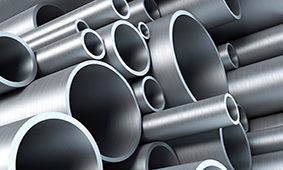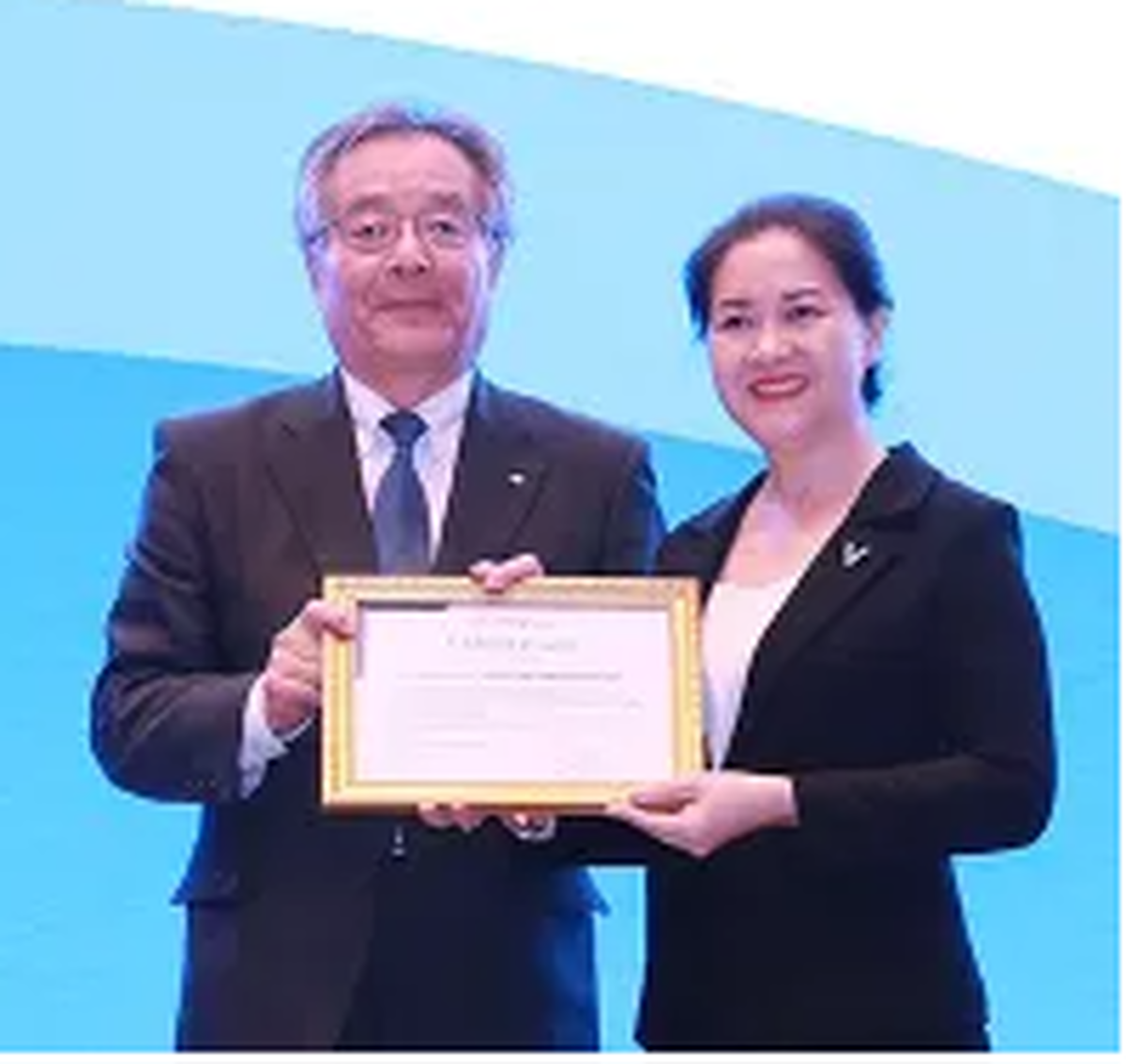
Vietnam extends safeguards on long steel imports

The measures are aimed at protecting domestic mills and should maintain the halt to spot trade of long products into Vietnam, traders said.
The ministry submitted applications to World Trade Organisation (WTO) in early February and recommended a four-year extension. It then decided late last week that duties would be kept unchanged at 15.3pc for billet and 9.4pc for wire rod and rebar from March 2020 to March 2021, fall to 13.3pc and 7.9pc respectively in the next year, 11.3pc and 6.4pc in March 2022-23 and then to zero after 22 March 2023.
The safeguards were put in place about three years ago, mainly to protect against billet and wire rod from China and Malaysia.
Vietnam's major long steel product producers Formosa Ha Tinh and Hoa Phat receive the most benefit from the anti-dumping policies, market participants said. Formosa's long steel products include billet and wire rod, with output of 500,000 t/yr and 600,000 t/yr respectively, an official at the mill said. Hoa Phat produces billet, rebar and wire rod, with its 2020 construction steel output expected to reach 2mn t.
Domestic prices are higher than seaborne levels. Formosa's current offer for wire rod is at the equivalent of $495/t in the local market. That is higher than workable levels for Chinese wire rod exports at $455/t fob. Freight from China to Vietnam is about $10/t. A bigger threat to Vietnam's domestic producers is Malaysia's Alliance Steel, which usually sells long products around $10-15/t below fob China prices.
"I do not think there is any new effect as the tariff is still high, so most countries cannot sell to Vietnam as before," a Vietnamese trader said.
The HS codes of the affected products are 72071100, 72071900, 72072029, 72072099, 72249000, 72131000, 72139120, 72142031, 72142041, 72299000, 72283010 and 98110000.
By Chris Newman and China staff


Trump weighs using $2 billion in CHIPS Act funding for critical minerals

Codelco cuts 2025 copper forecast after El Teniente mine collapse

Electra converts debt, launches $30M raise to jumpstart stalled cobalt refinery

Abcourt readies Sleeping Giant mill to pour first gold since 2014

Barrick’s Reko Diq in line for $410M ADB backing

Nevada army depot to serve as base for first US strategic minerals stockpile

Tailings could meet much of US critical mineral demand – study

Viridis unveils 200Mt initial reserve for Brazil rare earth project

SQM boosts lithium supply plans as prices flick higher

Energy Fuels soars on Vulcan Elements partnership

Northern Dynasty sticks to proposal in battle to lift Pebble mine veto

Giustra-backed mining firm teams up with informal miners in Colombia

Critical Metals signs agreement to supply rare earth to US government-funded facility

China extends rare earth controls to imported material

Galan Lithium proceeds with $13M financing for Argentina project

Silver price touches $39 as market weighs rate cut outlook

First Quantum drops plan to sell stakes in Zambia copper mines

Ivanhoe advances Kamoa dewatering plan, plans forecasts

Texas factory gives Chinese copper firm an edge in tariff war

Energy Fuels soars on Vulcan Elements partnership

Northern Dynasty sticks to proposal in battle to lift Pebble mine veto

Giustra-backed mining firm teams up with informal miners in Colombia

Critical Metals signs agreement to supply rare earth to US government-funded facility

China extends rare earth controls to imported material

Galan Lithium proceeds with $13M financing for Argentina project

Silver price touches $39 as market weighs rate cut outlook

First Quantum drops plan to sell stakes in Zambia copper mines

Ivanhoe advances Kamoa dewatering plan, plans forecasts


















